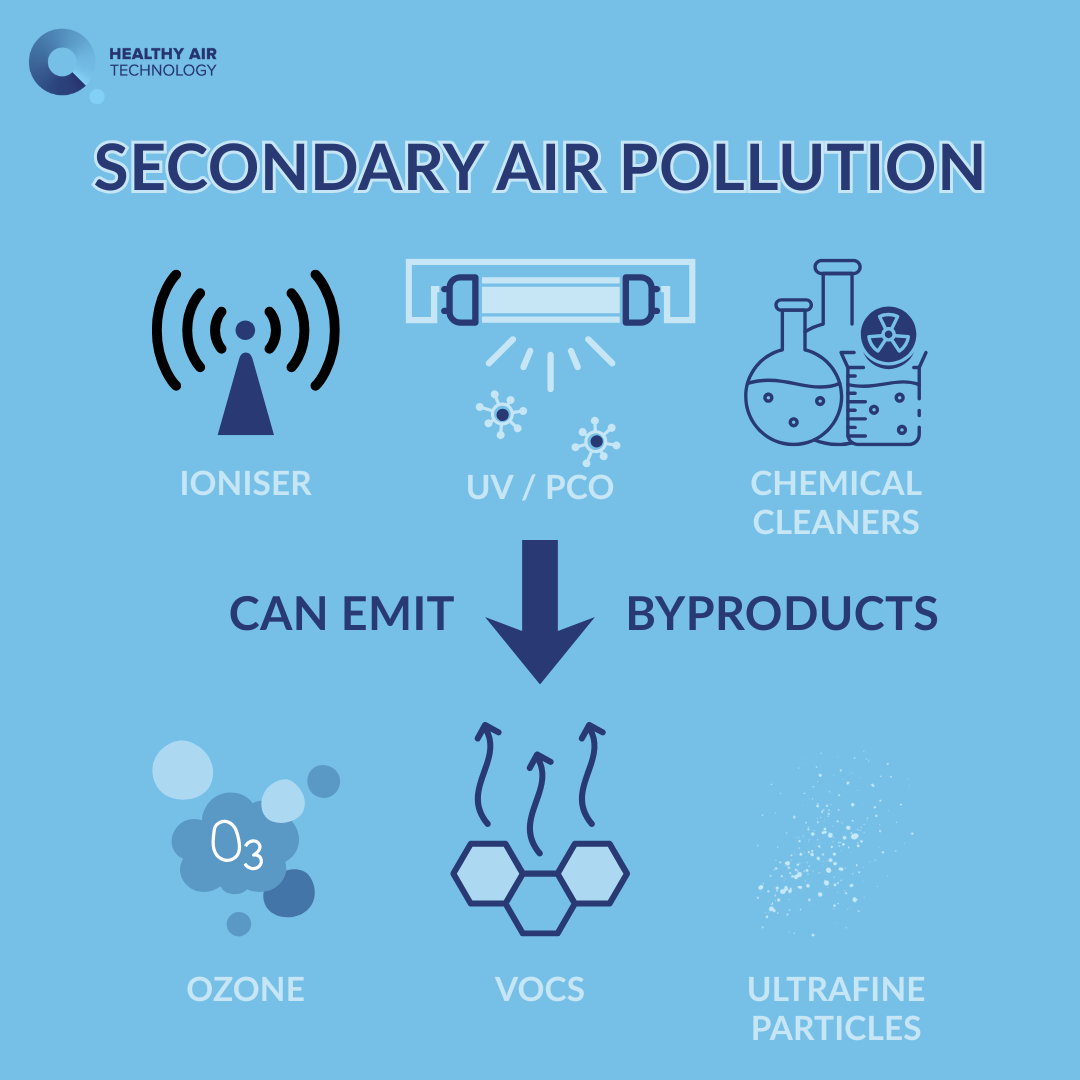
Clean Air and ESG: Why Clean Air is Critical to Environmental, Social, and Governance Goals
25 June 2025
As Environmental, Social, and Governance (ESG) frameworks continue to shape how businesses operate, one issue stands out as both urgent and under-addressed: clean air. Air quality is often overlooked in ESG reporting, yet it has direct impacts across all three pillars: environmental responsibility, social wellbeing, and corporate governance. From health outcomes to ethical operations, clean air plays a vital role in building sustainable and resilient organisations.
Environmental: Clean air is climate-aligned
The “E” in ESG is most often associated with carbon emissions, renewable energy, and waste reduction but air pollution must be part of the conversation. Pollutants like nitrogen dioxide (NO₂) and fine particulate matter (PM2.5) are not only harmful to health, they also contribute to climate change. For example, black carbon (a component of PM2.5) has a high global warming potential, and many air pollutants come from the same sources as greenhouse gases: transportation, fossil fuels, and industrial activities.
Businesses that actively reduce air pollution by transitioning fleets to electric vehicles, supporting remote work, or investing in green infrastructure, can lower their environmental impact while contributing to local and global air quality improvements. Air quality data can also complement carbon accounting in ESG disclosures, offering a more complete picture of a company’s environmental footprint.
Social: Healthy air for healthy communities
The “S” in ESG focuses on how organisations treat people: employees, customers, and communities. Clean air is a fundamental part of that equation. Poor air quality disproportionately affects vulnerable groups, including children, the elderly, and low-income populations. It contributes to respiratory diseases, heart conditions, cognitive decline, and mental health issues.
Employers can address this by ensuring clean indoor air in offices, warehouses, and manufacturing sites. Using certified air purification systems, limiting toxic building materials, and improving ventilation are all part of maintaining a healthy work environment. Companies that prioritise employee wellbeing by improving indoor air quality often see lower absenteeism, higher productivity, and stronger retention rates.
Community impact matters too. Businesses with facilities in high-pollution areas can be proactive by supporting local air quality initiatives, reducing emissions at the source, and engaging in public health efforts. Supporting clean air is an investment in social equity and community trust.
Governance: Transparency, compliance, and risk management
The “G” in ESG relates to how an organisation is managed and how it mitigates risk. Clean air is tied to legal compliance, ethical operations, and stakeholder transparency. Increasingly, regulations are tightening around air quality both outdoor and indoor, and businesses must stay ahead of changing standards to avoid penalties and reputational damage.
Monitoring air quality, reporting on pollutant levels, and setting internal air quality goals demonstrates a commitment to responsible governance. These actions also reduce risk related to health claims, employee dissatisfaction, or environmental violations.
Moreover, investors are paying closer attention to ESG criteria, and companies that address clean air are better positioned to meet these evolving expectations. Clean air strategies offer measurable, science-based results, something increasingly important in ESG reporting.
A business imperative
Clean air is no longer just an environmental health issue; it’s a business imperative. Integrating air quality into ESG strategy is not only ethical but practical, benefiting people, the planet, and profits. As we move toward a future shaped by sustainability, the air we breathe must be part of every ESG conversation.
Photo by Markus Winkler: https://www.pexels.com/photo/scrabble-tiles-on-a-wooden-table-with-the-word-rock-19891034/
Latest News

How do different indoor air purification technologies actually work?
Key points “Air purification” is not one technology: different systems target particles, gases/VOCs, and bioaerosols in different ways….

What does “secondary air pollution” actually mean indoors?
Key points Secondary air pollution refers to new pollutants or re-released contaminants created as a side effect of…

What are the main indoor air pollutants in modern buildings?
Key points Indoor air pollutants in modern buildings are typically a mixture of particles, gases, vapours and bioaerosols…

